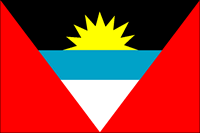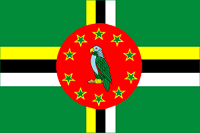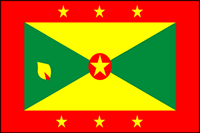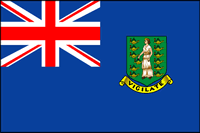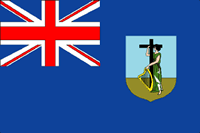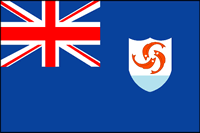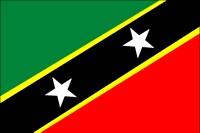Agriculture in the Eastern Caribbean
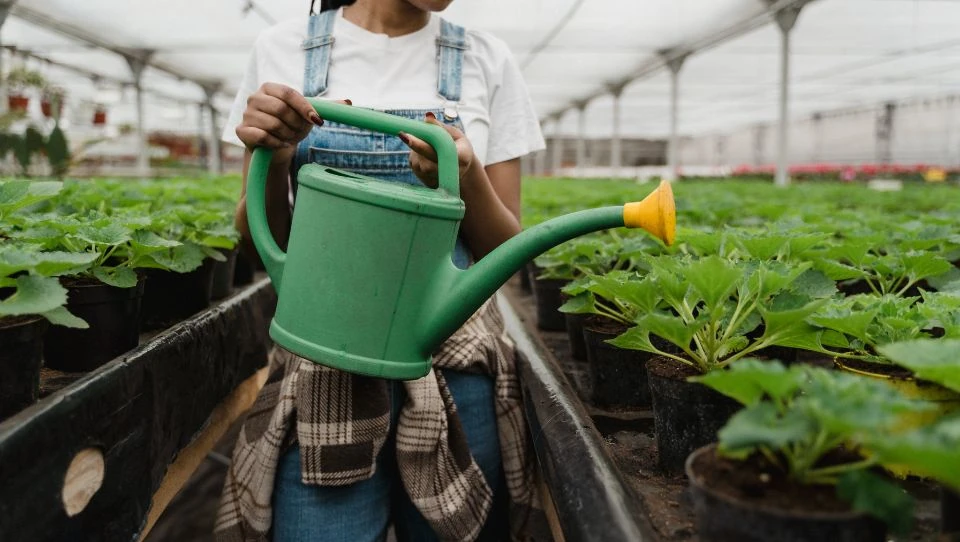
Objectives
The main objective of the OECS is to transform agriculture in the Eastern Caribbean while reducing poverty and promoting food and nutrition security. Eight priorities were identified in light of this objective.
- Transform Agriculture
Transform agriculture through the promotion of viable private sector initiatives, targeting markets for Non-Traditional Agricultural Exports (NTAEs). - Alleviate Poverty and Food Insecurity
Alleviate poverty and reduce food insecurity through policies and incentive regimes which encourage the transition of vulnerable rural populations. - Develop and Promote Agro-Tourism Services
Establish OECS criteria and guidelines to identify, evaluate and develop a package of complimentary agro-tourism sites throughout the OECS Member States. - Develop Synergies with the CARICOM Single Market & Economy (CSME)
Adopt a strategic approach and establish synergies between economies of the Member states of the OECS and the wider CARICOM Single Market & Economy. - Mobilise Resources for Implementation
Formulate and implement a Resource Mobilisation, Investment and Financing Strategy for the development of Agriculture in the Eastern Caribbean through the OECS Agriculture Plan. - Strengthen the Capacities of the OECS Agriculture Unit
Strengthen the capacities of the OECS Agriculture Unit to ensure a better cooperation with all public and private stakeholders in the area of agriculture in the Eastern Caribbean and an effective participation of OECS Member States in the OECS Agriculture Plan. - Secure Water Resources
Secure long-term access to water resources for irrigation. - Mitigate and adapt to the effects of climate change
Promote and support climate change mitigation and adaptation strategies to protect the food production and distribution chain and build resilience against natural disasters.
Projects
Over the years, the OECS, through its Agriculture Unit, has been supporting or leading multiple programmes designed to respond to the challenges and opportunities of agriculture in the Eastern Caribbean. The following programmes have been implemented or are currently being implemented by the OECS Commission:
Current projects include:
1 - The Blue BioTrade Project

The Blue BioTrade Project aims to empower small-scale coastal producers from OECS member states to produce and trade queen conch products sustainably in domestic, regional and international markets. This project is funded by the European Union (EU) under the OECS - EU Regional Integration through Growth Harmonization and Technology (RIGHT) Project.
The Blue BioTrade Project is being implemented in collaboration with the United Nations Conference on Trade and Development (UNCTAD), with the support of the Secretariat for the Convention on International Trade in Endangered Species of Wild Fauna and Flora (CITES).
The project was launched in 2020 and should be completed by the end of December 2022.
2 - The INTERREG CambioNet Project

The INTERREG CambioNet Project is a €8 million project co-funded by the INTERREG Caraïbes programme under the European Regional Development Fund. The main objective of INTERREG CambioNet is to accelerate the bioeconomic modernisation of agriculture in the Eastern Caribbean by providing small farms with concrete and innovative solutions.
The INTERREG CambioNet Project is led by INRAE (Institut national de la recherche agronomique), in partnership with the OECS through its Agriculture Unit, FREDON Martinique, INCA (Instituto Nacional de Ciencias Agrícolas) in Cuba, the Caribbean Agricultural Research & Development Institute (CARDI), Anton de Kom University of Suriname, Heifer International in Haiti, the United Nations Development Programme (UNDP), Agriculture et Développement en Amazonie guyanaise (ADAG), the University of the West Indies St. Augustine in Trinidad, the Chamber of Agriculture of Guadeloupe, the Chamber of Agriculture of Martinique and Université des Antilles.
The project was launched in March 2021 and should be completed by the end of December 2022.
Resources
Access more resources on agriculture in the Eastern Caribbean via the OECS Library.
Partners
The OECS has been partnering for multiple years with international agencies supporting the strategic priorities defined above to transform agriculture in the Eastern Caribbean while reducing poverty and promoting food and nutrition security.
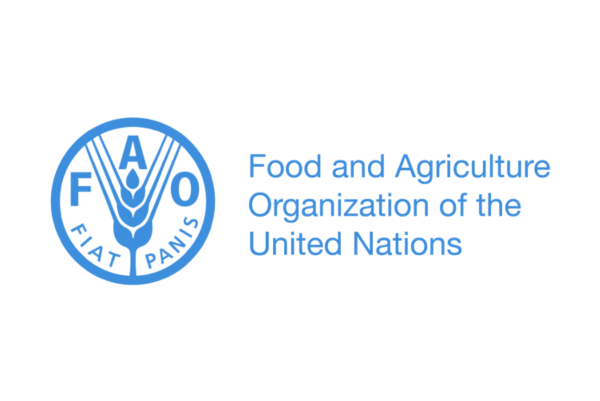
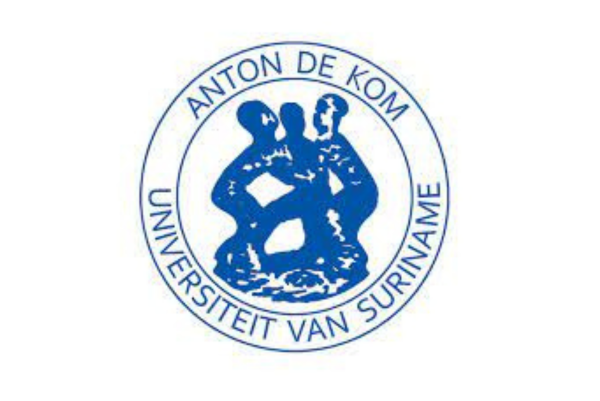
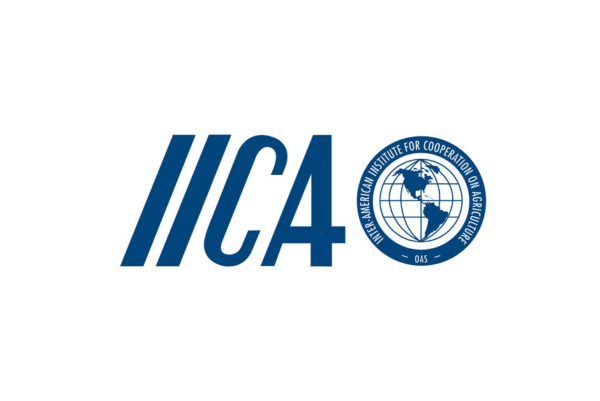

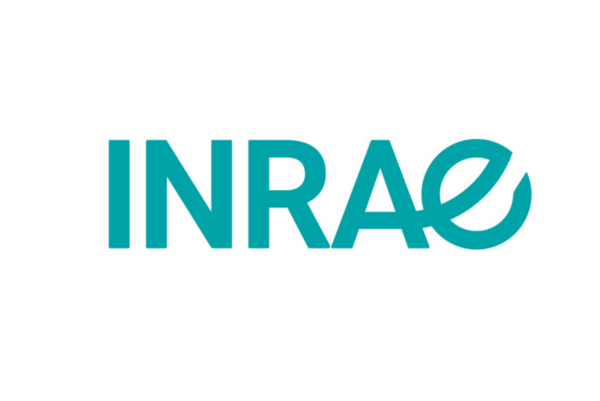
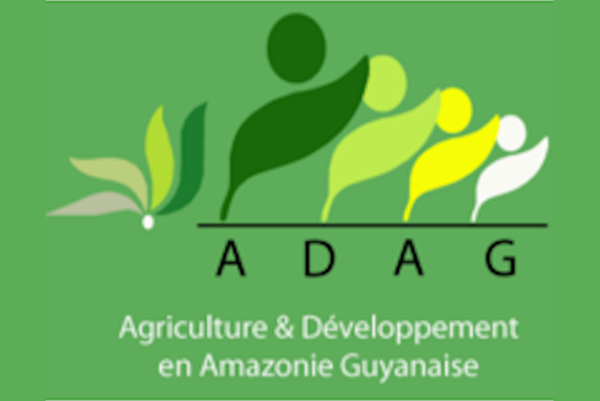

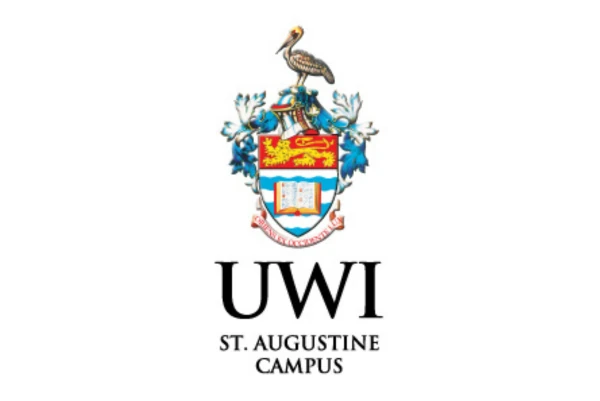

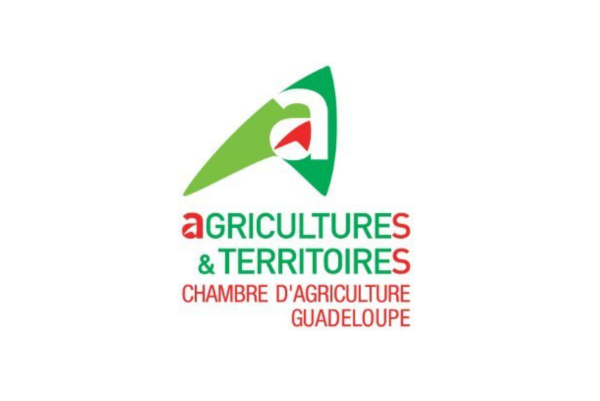
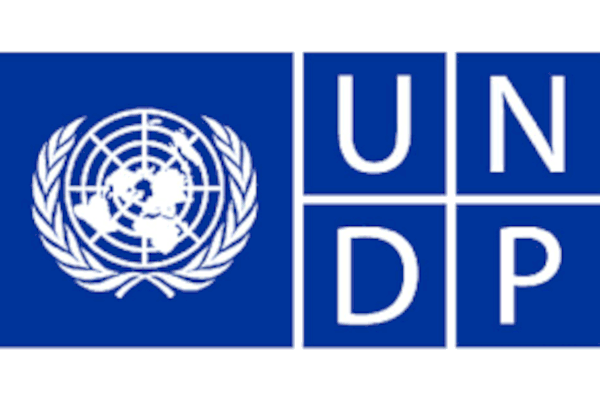
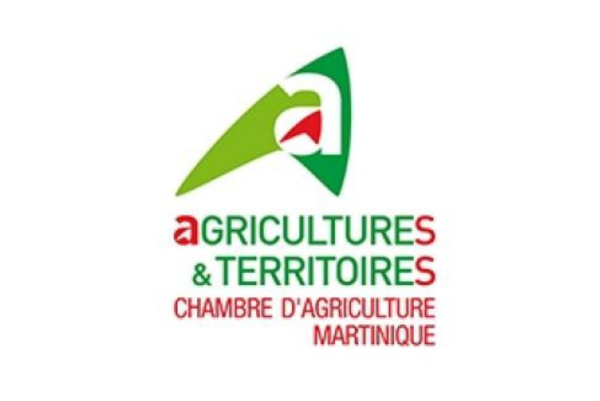
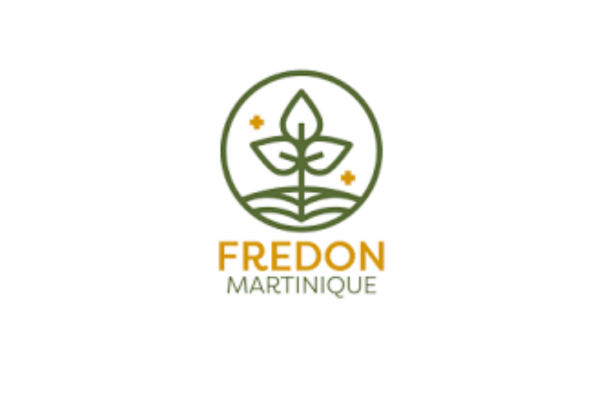

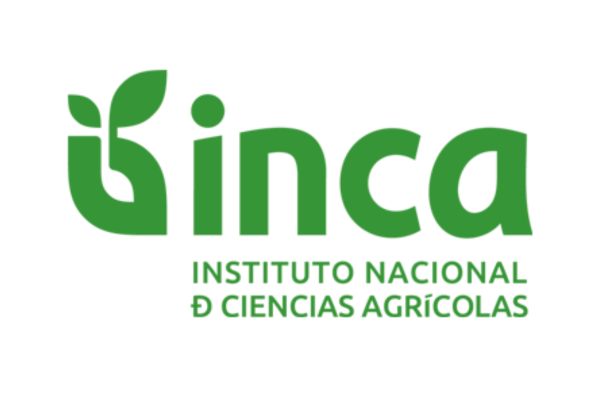
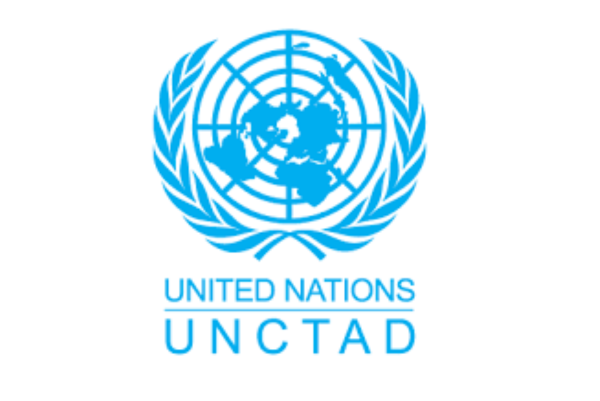


Contacts
Lench Fevrier
Senior Technical Specialist- Agriculture Sector
Tel: +1 (758) 455-6345![]()
Natasha Deterville-Moise
Technical Specialist - Agriculture
Tel: +1 (758) 455-6332![]()
Learn About Agriculture In The Eastern Caribbean
The OECS is working in close collaboration with all the Ministries of its Member States on all matters related to food security and agriculture in the Eastern Caribbean. The Council of Ministers of Agriculture is hosted once a year. This meeting aims to provide a common response to issues in agriculture in the Eastern Caribbean and harmonize the strategy in food security and agriculture in the OECS Member states.
